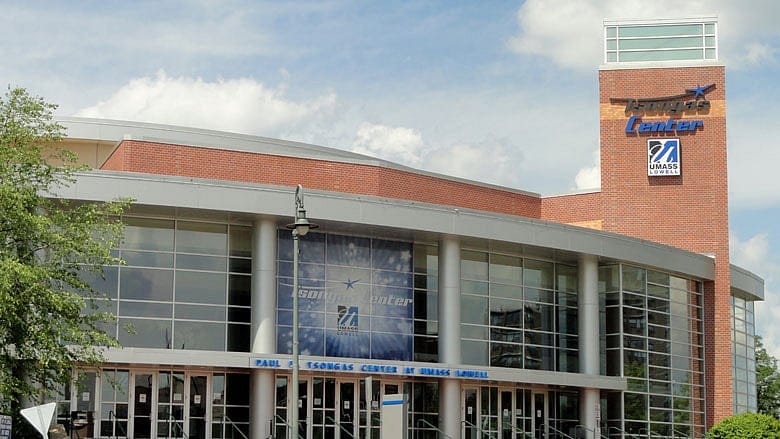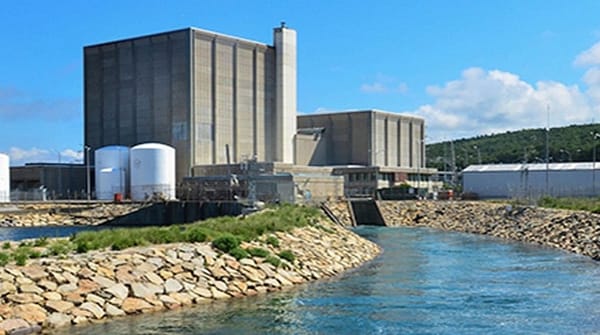Mass. Senate ready to make case for higher education funding increases

STATE HOUSE — The Massachusetts Senate is poised in the coming weeks to press the House and Gov. Charlie Baker to make larger investments in public higher education.
The fiscal 2017 budget proposal (S 4) marked for released Tuesday by the Senate Ways and Means Committee will call for a $13 million increase, above funding levels approved in April by the House, for the University of Massachusetts, according to committee chairwoman Sen. Karen Spilka. The committee's spending plan will allocate more than $521 million for the UMass system.

